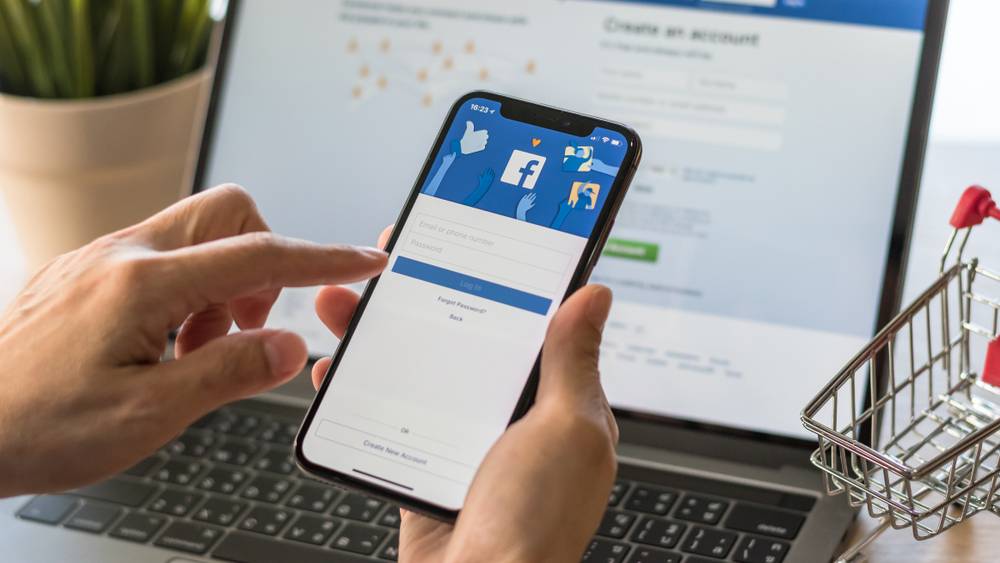Facebook breach exposes personal data of 533 million users — How to see if you are one of them
A 2019 breach is back to haunt Facebook and its users

Facebook users are hardly strangers to security leaks. Today's news pertains to a leak that we covered back in January, but the scope of the leak has broadened considerably since then.
The personal data of roughly 533 million Facebook was leaked back in 2019 due to a vulnerability that Facebook subsequently patched. The resulting database has now been made available for free on a low-level hacking forum, exposing the data to any interested party (via The Next Web).
- Best VPN services 2021
- IPVanish VPN review
- The best Apple deals for April 2021
The data includes a vast array of personal information about the victims, such as name, date of birth, mobile number, email addresses, gender, occupation, marital status, location and more. This data was already available but was previously behind a paywall that was at least limiting exposure to some degree; now it is open to anyone.
While we will continue to stress the need to use password managers to protect yourself online, you can still find yourself part of a data breach even when you are doing everything right. This is one of those occasions. The best thing you can do in this situation is to determine if your information is part of the breach and take a few steps to protect yourself from there.
How to find out if your Facebook data was breached
- Navigate to https://haveibeenpwned.com/
- Enter the email address associated with your Facebook account
- Click or tap the pwned? button
The site will give you a breakdown of any public breaches that include the email address you input, so depending on how many that is, you may need to search specifically for Facebook by pressing CTRL and F and typing in "Facebook."
The owner of the site is considering adding the leaked phone numbers to the database in order to help people identify if your phone number was also part of the breach, but they have not done so at this time.
Unfortunately, there is little to be done if you are included in the breach except to change your Facebook password and be warier of potential scams both online and over the phone or mail. You could also consider antivirus software to help protect you from online threats.
Stay in the know with Laptop Mag
Get our in-depth reviews, helpful tips, great deals, and the biggest news stories delivered to your inbox.
Sean Riley has been covering tech professionally for over a decade now. Most of that time was as a freelancer covering varied topics including phones, wearables, tablets, smart home devices, laptops, AR, VR, mobile payments, fintech, and more. Sean is the resident mobile expert at Laptop Mag, specializing in phones and wearables, you'll find plenty of news, reviews, how-to, and opinion pieces on these subjects from him here. But Laptop Mag has also proven a perfect fit for that broad range of interests with reviews and news on the latest laptops, VR games, and computer accessories along with coverage on everything from NFTs to cybersecurity and more.

